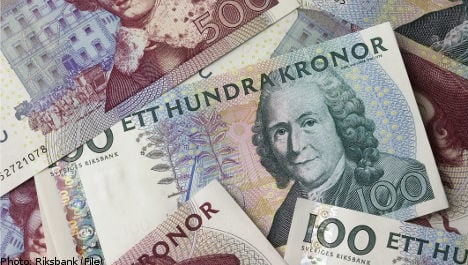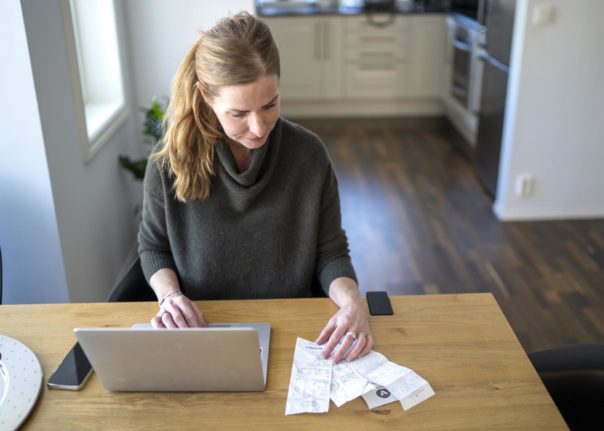When insurance company Länsförsäkringar called up 1,000 Swedes between the ages of 20 and 69, two out of ten households with an income of 55,000 kronor per month before tax said they wouldn’t manage for more than one month with their savings.
As well as 25 percent respondents admitting to less than 10,000 kronor in the piggy bank, a further 13 percent claimed to have no savings at all.
Meanwhile, very third household has savings of between 70,000 and 120,000 kronor.
Rikard Josefson, CEO of Länsförsäkringar, believes that a tax-favoured saving scheme for amounts up to 50,000 kronor would be a model that could increase
Swedes’ desire to build up buffers.
“We already know that tax incentives make a big impact on savings,” Josefson told Dagens Industry newspaper.
Furthermore, Josefson believes that there is a danger for the many Swedes who use their homes as a financial buffer.
“It is no longer possible to assume that house prices will rise in the same way asthey have during the last 10 to 15 years,” he told the paper.
TT/The Local/og



 Please whitelist us to continue reading.
Please whitelist us to continue reading.
Member comments